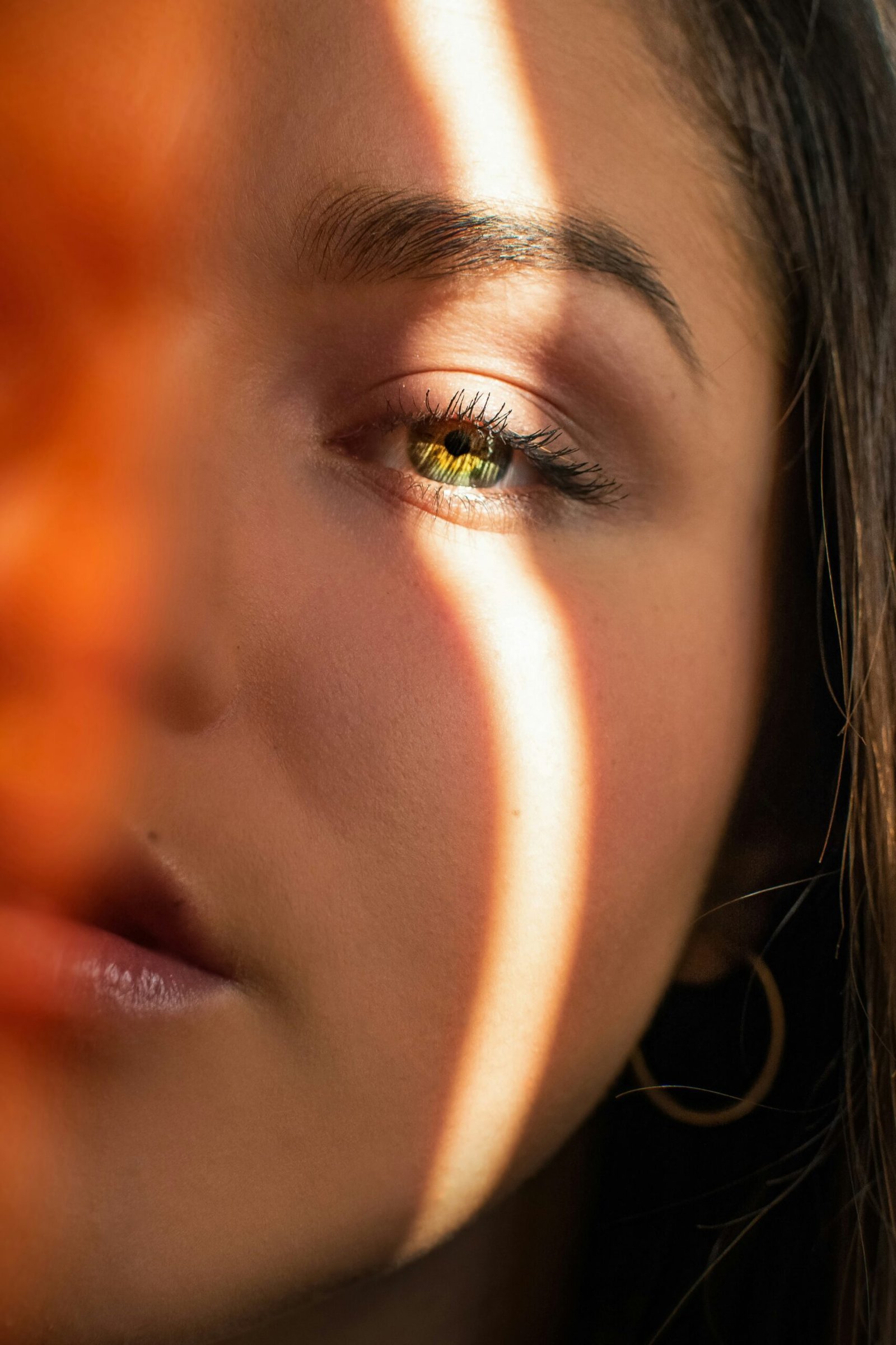
The Psychological Impact of Makeup
The relationship between makeup and psychology is a complex and intriguing subject that has garnered significant attention in recent years. Research indicates that cosmetics can profoundly influence individuals’ emotions, self-perception, and overall mental health. Many individuals report feeling more confident and self-assured when they wear makeup, suggesting a direct correlation between cosmetic application and enhanced self-esteem. This psychological boost can foster positive emotions, transforming an individual’s mood and influencing their interactions with others.
Several studies have explored the effects of makeup on self-perception. For instance, one prominent study discovered that women who wore cosmetics reported feeling more attractive and significantly elevated their self-confidence compared to those who did not. These findings suggest that makeup acts as more than just a beauty enhancement; it also plays a vital role in shaping how individuals view themselves. Furthermore, cosmetics can serve as a form of self-expression, allowing people to communicate their identity and emotions through their appearance. This self-representation can lead to increased feelings of empowerment and satisfaction.
Additionally, anecdotal evidence supports the notion that makeup has therapeutic value. Many people use cosmetics as a creative outlet, engaging in the application process as a form of self-care. This phenomenon highlights how the act of putting on makeup can serve as a mindful practice, providing individuals with a moment of focus and intentionality in their day. Many individuals have recounted experiences where wearing makeup transformed not only their appearance but also their mood and outlook, shedding light on its emotional benefits.
Overall, the psychological impact of makeup illustrates the profound ways in which it affects mental well-being, self-image, and emotional health. As individuals navigate their daily lives, the power of cosmetics should not be underestimated, as it remains a significant tool for boosting confidence and enhancing mood.
Makeup as a Form of Self-Expression
Makeup serves as a powerful medium for self-expression, enabling individuals to communicate their personality, emotions, and creativity through a variety of colors, styles, and techniques. Each makeup application can be interpreted as a personal statement that reflects not only individual preferences but also the broader cultural and societal influences that shape those choices. For instance, bold and vibrant colors may signify confidence and assertiveness, while softer, more muted tones might indicate a desire for subtlety and calmness.
Through the exploration of different makeup styles, individuals can engage in a journey of self-discovery, allowing them to experiment and redefine their personal aesthetic. The act of applying makeup can be therapeutic, providing a creative outlet that enhances one’s mood and fosters a sense of control and agency. This is particularly significant in today’s fast-paced world, where people often seek ways to express their individuality amidst societal pressures. By choosing colors and styles that resonate with their current state of mind, individuals can not only convey their identity but also influence their emotional well-being.
Social media platforms have further amplified this concept of makeup as a form of self-expression. Influencers and makeup enthusiasts showcase various techniques and trends, inspiring audiences to adopt unique styles that resonate with their personal journeys. The increasing visibility of diverse aesthetics celebrates the notion that makeup transcends traditional beauty standards, allowing for individual interpretations that reflect one’s mood and inner self. Ultimately, makeup becomes a form of artistic expression, offering a unique opportunity for individuals to explore their creativity while simultaneously promoting positivity and self-acceptance.
Cultural Perspectives on Makeup and Mental Health
Makeup holds a significant place in various cultures around the world, often serving as a powerful medium for self-expression and identity. Different cultures have established unique standards of beauty, which influence how individuals perceive makeup and its role in their lives. In many societies, cosmetics are not merely products used for aesthetic enhancement; they embody deeper cultural values and traditions. For example, in some Asian cultures, makeup rituals are intertwined with festive celebrations, enhancing the sense of community and personal identity during significant life events.
Societal pressures also play a critical role in shaping individual makeup practices across cultures. In Western societies, there often exists an overwhelming expectation to conform to specific beauty ideals that frequently promote certain looks or styles. These standards can create mental strain for those who feel the pressure to meet them. Conversely, in cultures where makeup is less emphasized or associated with superficiality, individuals may experience relief from such pressures, yet this can lead to feelings of inadequacy for those internally valuing the practice. This dichotomy exemplifies how societal norms and expectations surrounding makeup can substantially impact mental health and self-esteem.
Additionally, the integration of cosmetics into cultural identity cannot be overlooked. For many, makeup is not just a tool for beautification but also a means of affirming one’s cultural heritage and personal narrative. In Indigenous cultures, for example, traditional makeup practices often symbolize heritage and identity, linking individuals to their ancestry. Yet, the commercialization and appropriation of such practices can lead to tension and conflict, further complicating the relationship between makeup, cultural identity, and mental well-being. Overall, understanding these diverse cultural attitudes towards cosmetics and beauty standards is essential for fostering respect and appreciation for individual differences in makeup usage and its psychological impact.
The Downside: When Makeup Becomes a Burden
While makeup can be a form of artistic expression and empowerment, it has the potential to exert significant pressure on individuals, leading to detrimental effects on mental health. Many individuals may find themselves dependent on cosmetics for self-acceptance, believing that their natural appearance is inadequate. This dependency can create a cycle where individuals equate their self-worth with their makeup use, resulting in heightened anxiety and stress when circumstances, such as work commitments or social events, prevent makeup application.
The external pressure to conform to societal beauty standards can exacerbate these feelings. Advertising and social media propagate idealized images that many strive to emulate, perpetuating unrealistic expectations. When people feel they cannot measure up to these pervasive standards, body image issues may arise. The constant comparison to curated images can lead to feelings of inadequacy and estrangement from one’s natural appearance.
Moreover, the ritual of makeup application, while enjoyable for some, can become burdensome for others. The need to spend excessive time on makeup can interfere with daily activities and negatively impact one’s mental state. This may lead to feelings of frustration, especially when the outcome does not align with expectations. Such scenarios can contribute to a cycle of dissatisfaction and anxiety about one’s looks.
To cultivate a healthier relationship with makeup, it is essential to practice self-acceptance and prioritize authenticity. Encouraging individuals to embrace their natural features rather than hiding behind layers of cosmetics can mitigate the pressure to conform. Engaging in activities that foster self-esteem, such as pursuing hobbies or focusing on personal achievements, can shift the focus from external appearance to internal fulfillment. Ultimately, finding balance between makeup use and self-acceptance can lead to a more positive mental state and improved overall well-being.


